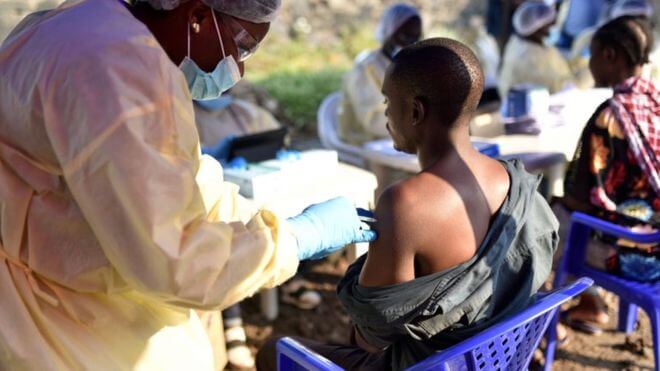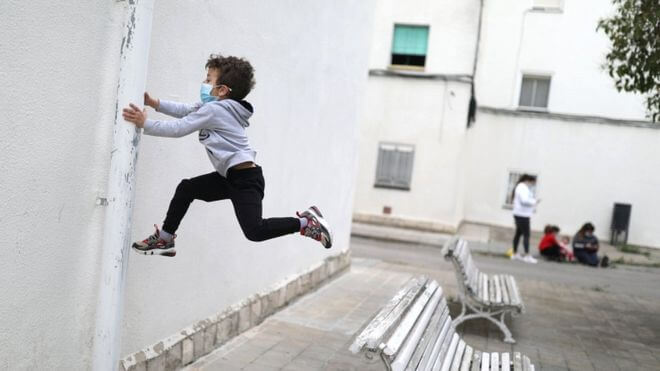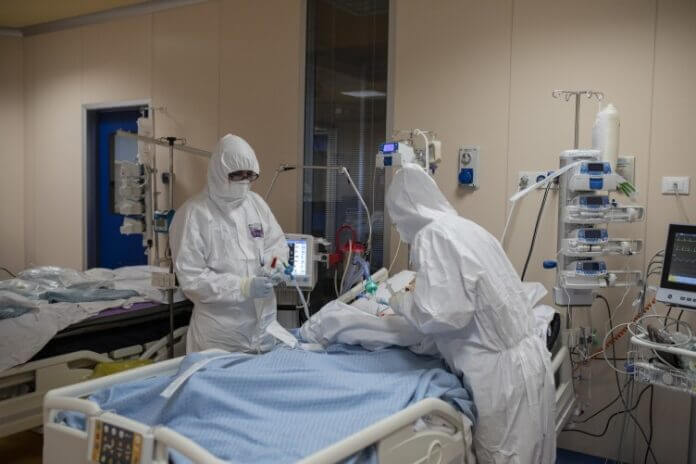Covid-19: Pfizer/BioNTech vaccine approved for use next week in UK

The UK has become the first country in the world to approve the Pfizer/BioNTech coronavirus vaccine, paving the way for mass vaccination.
Britain’s medicines regulator, the MHRA, says the jab, which offers up to 95% protection against Covid-19 illness, is safe to be rolled out.
The first 800,000 doses will be available in the UK from next week, Health Secretary Matt Hancock said.
People should wait to be contacted by the NHS, he added.
Elderly people, those in care homes and some NHS staff will be prioritised first – although more details on the priority list is due later.
The Pfizer/BioNTech jab is the fastest vaccine to go from concept to reality, taking only 10 months to follow the same steps that normally span 10 years.
The UK has already ordered 40 million doses of the free jab – enough to vaccinate 20 million people.
The doses will be rolled out as quickly as the company in Belgium can make it, Mr Hancock said, with the first load next week and then “several millions” throughout December.
But the bulk of the rollout will be next year, he added. “2020 has been just awful and 2021 is going to be better,” said Mr Hancock.
“I’m confident now, with the news today, that from spring, from Easter onwards, things are going to be better. And we’re going to have a summer next year that everybody can enjoy.”
Prime Minister Boris Johnson added: “It’s the protection of vaccines that will ultimately allow us to reclaim our lives and get the economy moving again.”
There will be three ways of vaccinating people across the UK:
- Hospitals
- Vaccination centres “a bit like the Nightingales project and including some of the Nightingales”, said Mr Hancock
- In the community, with GPs and pharmacists.
Around 50 hospitals are on stand-by and vaccination centres – in venues such as conference centres or sports stadiums – are being set up now.
NHS chief executive Sir Simon Stevens said the health service was preparing for “the largest-scale vaccination campaign in our country’s history”.
But experts said people still need to remain vigilant and follow rules to stop the virus spreading – including with social distancing, face masks and self-isolation.
“We can’t lower our guard yet,” said the government’s chief medical adviser Prof Chris Whitty.
–
Source: BBC
Christopher Sam is a savvy web designer and developer with advanced knowledge in Search Engine Optimization. The certified Google Trainer is also a trusty contributor to this website.





